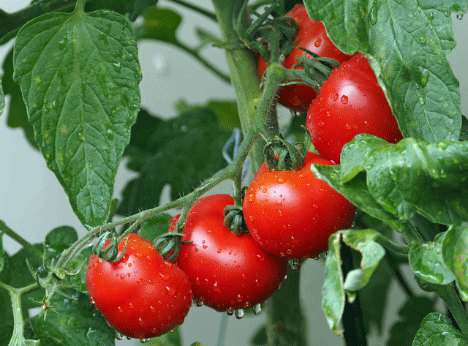In recent years, the province of Almería, a crucial hub for tomato production in Spain, has faced a dramatic decrease in both tomato production and exports. According to data from the Junta of Andalusia’s Observatory of Prices and Markets, tomato production in Almería has declined by 36.88% over the past ten seasons, while exports have dropped by 33.22%. Despite these reductions, the value of tomatoes has paradoxically increased by 16.11%.
Detailed Insights
Decline in Production
In the 2013/14 season, Almería’s greenhouses produced a staggering 1,090.79 million kilograms of tomatoes. However, by the 2022/23 season, this figure had plummeted to 688.47 million kilograms, marking a significant decline. The peak production occurred in the 2015/16 season with 1,101.89 million kilograms. This downward trend indicates systemic issues affecting tomato cultivation in the region.
Export Trends
The export figures mirror the production decline. In the 2013/14 season, Almería exported 530.43 million kilograms of tomatoes. This number fell to 354.22 million kilograms by the 2022/23 season, reflecting a 33.22% decrease. The highest export volume was also recorded in the 2015/16 season, with 551.78 million kilograms. Interestingly, while the volume of exports has decreased, the proportion of production dedicated to exports has increased slightly from 48.63% in 2013/14 to 51.45% in 2022/23.
Economic Value
Despite the declining production and export volumes, the value of the tomato crop from Almería has risen. From the 2013/14 season to the 2022/23 season, the value of tomato production increased by 16.11%. This increase in value despite lower volumes suggests a shift towards higher quality or higher-priced markets, possibly driven by improvements in production techniques or changes in market demand.
Factors Contributing to the Decline
Several factors could be contributing to the decline in tomato production and exports in Almería:
- Climate Change: Increasing temperatures and extreme weather conditions can adversely affect tomato yields.
- Pest and Disease Pressure: Tomato crops are susceptible to various pests and diseases, which can significantly reduce yields if not managed properly.
- Market Competition: Global competition from countries with lower production costs can impact export volumes.
- Water Scarcity: Almería, like much of Spain, faces water scarcity issues which can limit agricultural production.
The decline in tomato production and exports from Almería presents a challenging scenario for farmers and stakeholders. However, the increase in the value of tomatoes indicates potential opportunities in higher-value markets. Addressing the underlying issues such as climate change, pest management, and water scarcity will be crucial for the future sustainability of tomato production in the region.










